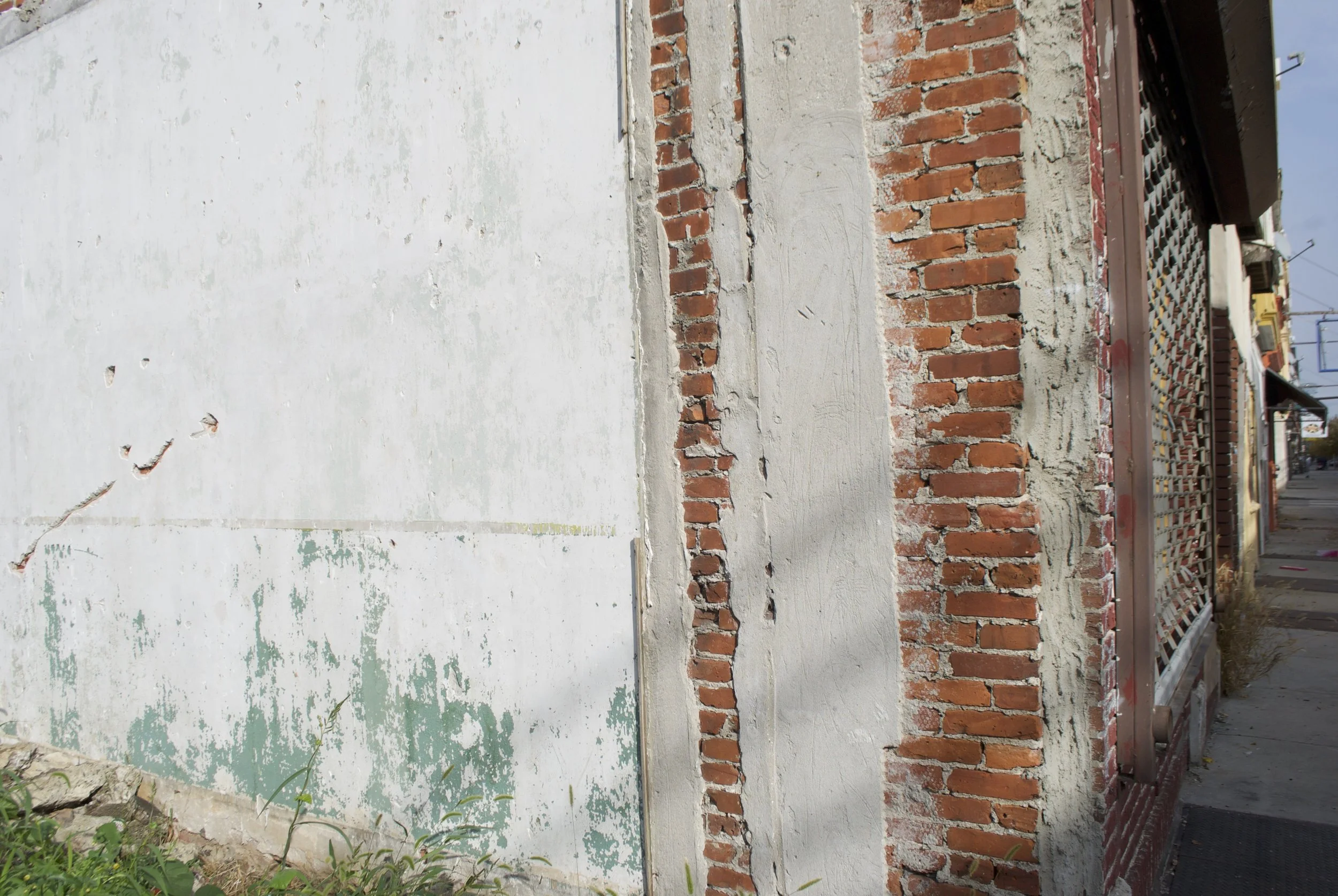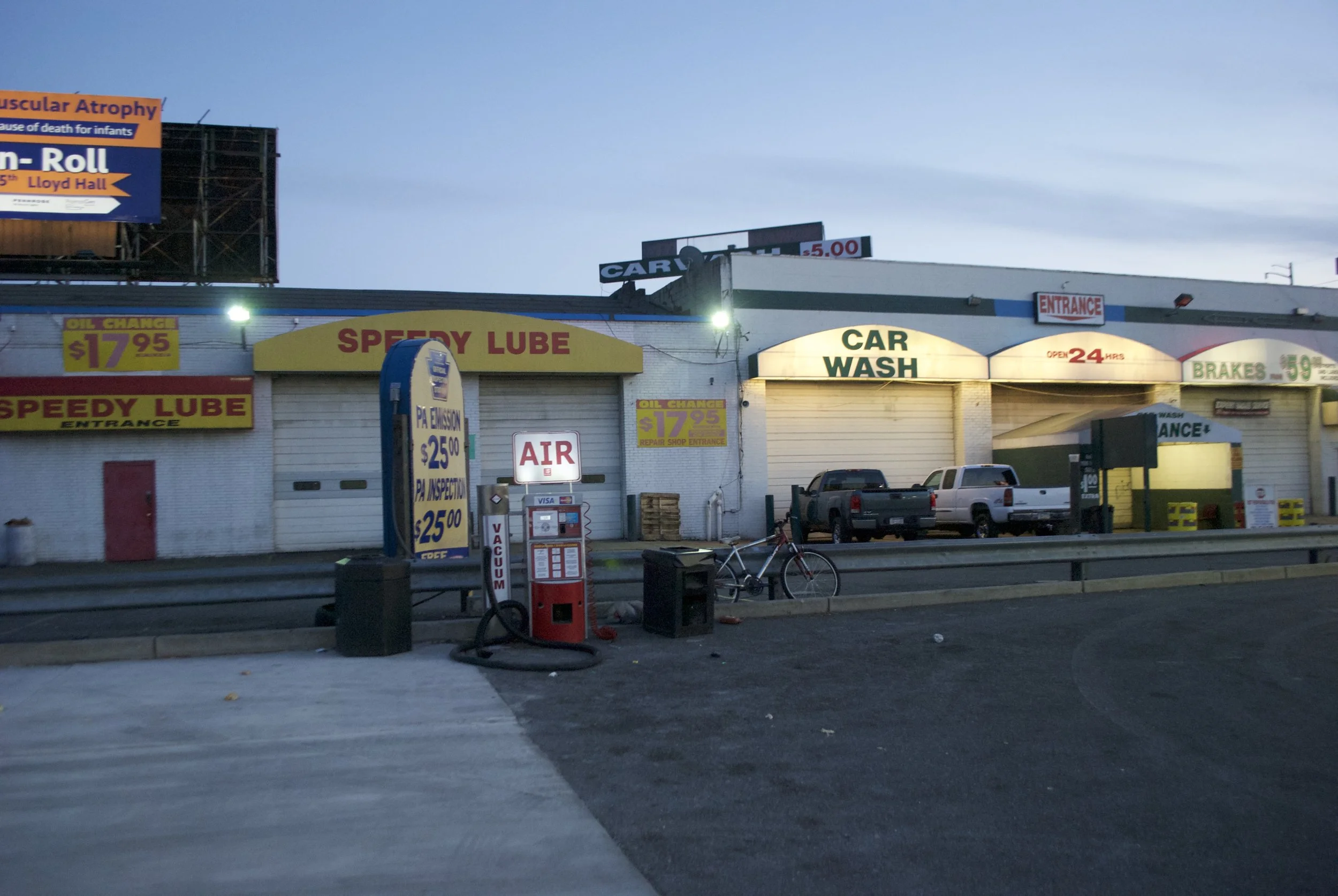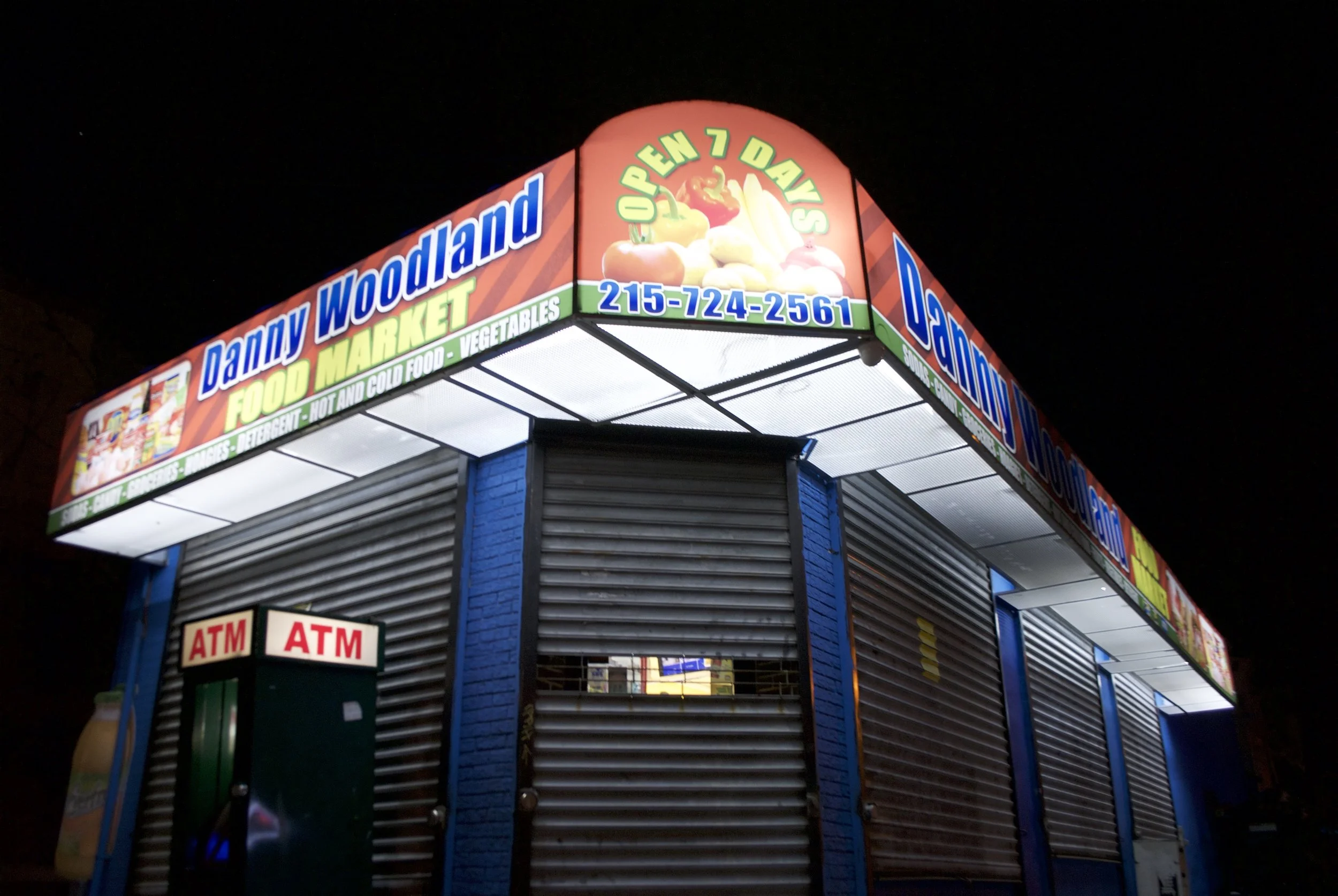










Gary Weeks
Although Gary Weeks kept himself occupied throughout his 30-year state prison sentence, which ended three years ago, he says his last few months at Huntingdon State Correctional Institution were his most productive - and most impactful. Gary grew up on the streets of Philadelphia without real role models or guidance, and he felt the need to help youth find a better path. He decided to do this by compiling the stories of his fellow inmates.
He started with a simple question: “What advice would you give to your younger self?” Initially, he collected a few thoughts from close friends in prison, but as word spread, he created a book filled with hundreds of heartfelt responses from incarcerated men from all walks of life. He says his book has one purpose: to save lives.
Now, Gary is looking for a way to use the wisdom he collected from the men of SCI Huntingdon to educate and support Philadelphia youth.
No Guidance
“If I would’ve met somebody like me back when I was a kid, I would’ve never went to prison … I ain’t had no sense of direction. My parents was basically working or going to cabarets … stuff like that. It wasn’t like they was focused on their kids … like, steering them. My family was crazy.
“Nobody in my life was tryna steer me in the right direction. I was on my own. I had a big sister. [She] went to college, Cheyney State, but got pregnant [and] had to leave college … So it was no direction in my life, and I don’t think in none of my brothers’ and sisters’ lives … We was basically on our own even though our parents were there.
“I’m the only one in the family that made a bad enough decision to end up in prison. My older brothers … they did their li’l dirt, but they ain’t go to jail. I went to jail. I been going to jail all my life, since I was a kid. I graduated out the juvenile system into the adult system. It is what it is.”
Out of Sight, Out of Mind
“To this day, I don’t mess with nobody in my family. Nobody. I have reasons for that. I went to jail for 30 years. Before I went to jail, I basically took care of everybody in my family. But when I got to jail, I couldn't even get a letter … And over the years, that [does] something to you … It's a lot of people in there that their family just turned their back on them … Some families are just like, ‘I'm not traveling’ - they just refuse to travel eight hours to see you for an hour … Prison will test the strength of the love of your family. When you go to prison your friends are shot. You ain’t gotta worry about that. Now, you gon’ test the strength of your family to see if they love you like that. Write you. Send you money. Come and visit you … It’s lonely in prison.”
Young Bouls
“It's the way they was raised … It’s a lot for a young guy to put a gun down his pants … It ain’t just one thing you can pinpoint … Drugs, videos, news … Cops got a lot to do with it, cause they done shot guys that was unarmed and they was black or hispanic.
“If he’s in the hood and he’s living that type of lifestyle, he’s gonna carry a gun. Bottom line. Average guy that’s tryna do something with his life? He's not gonna carry a gun … but the average guy in the hood is not … they’re tryna get rich. But they don't wanna work for it.
“They been chasing the dream … When the video thing came out on the scene, that destroyed a whole generation of young bouls … Young bouls [who are] ten, 11 years old stay glued to the TV … When you constantly being raised playing games blowing people’s head off … they not gon’ think twice about pulling out a gun and shooting.
“The gangster rap - mix that with getting high, smoking weed, smoking sherms, embalming fluid … and they walking ‘round with guns. And they might look at you, and you might look at them wrong … and then things escalate … the whole time this boul got a gun. And he itching to shoot somebody.”
One Purpose
“Everybody in this book, I said … ‘If you have a son or daughter that's out in the streets, following the same path that got you here, what would you say to her?’ So that makes them dig deep in their heart and really talk to their son or their daughter, and basically they interviewed themselves. They're coming from their heart in their stories.
“I've got every aspect of prison life in that book. A lot of guys … were Muslims, and they … got a certain way they think. I also had homosexuals in there … And they telling their stories, too. [At first] the Muslims … [said] they can't be in the book because there's homosexuals in that book … So I said, ‘Tell you what. You take that book back to your cell, and you read it, then you bring my book back to me tomorrow.’ When he took my book back to his cell, and read it, looked at it, he came back and apologized to me … He said they apologize, you know, they didn't realize actually what the book, what was the meaning of the book, what was the purpose of the book … Now [he got] more of his buddies to get involved. They want to get involved because the book was created for one purpose and one purpose only: to try to save a young boul’s life.”
- - - - - - - - - - - - - - - - - - - - - - - - - - - - - - - - - - - - - - - -
Interview by Chelsea Alexander-Taylor | Text by Ajibola Bodunrin and George Porter | Portraits by Alexander Atienza and Maria Gonzalez Senac | October 2016